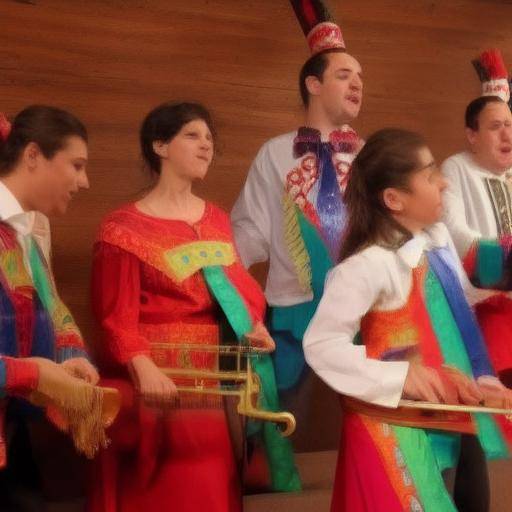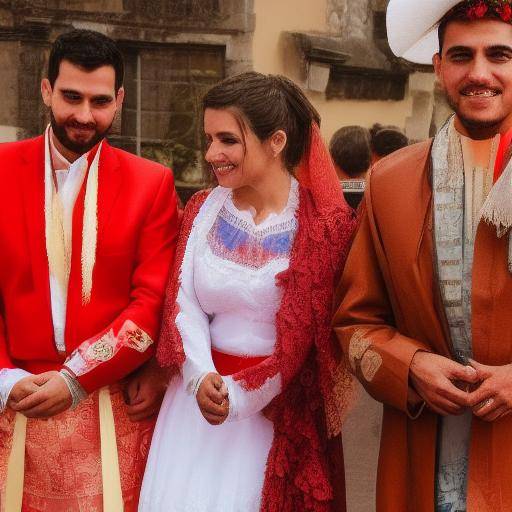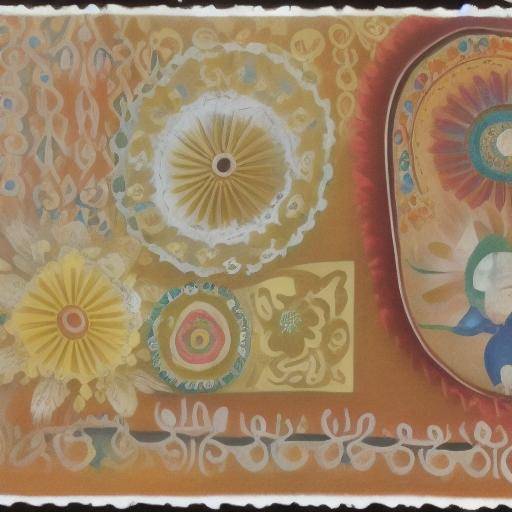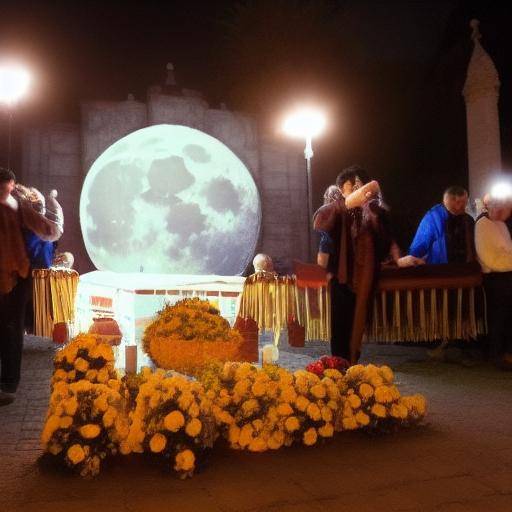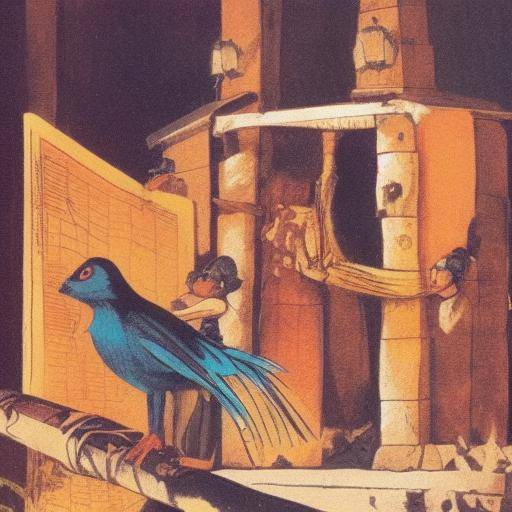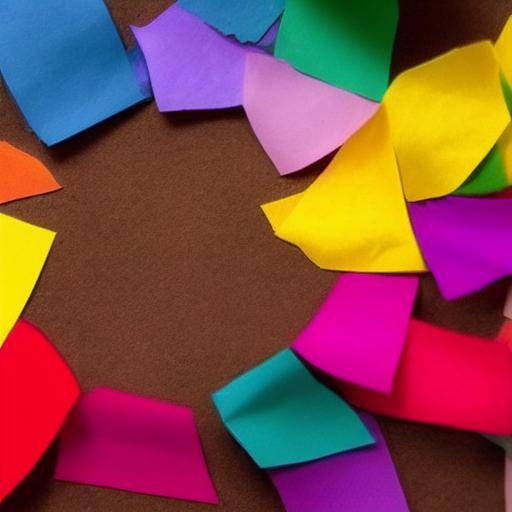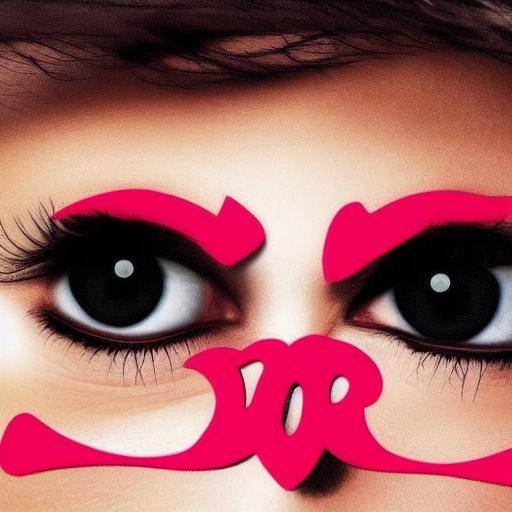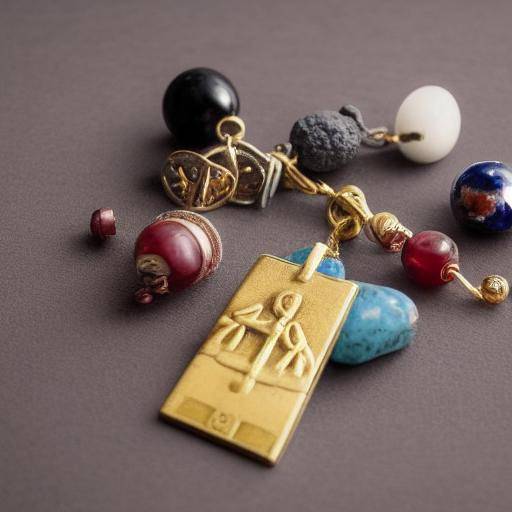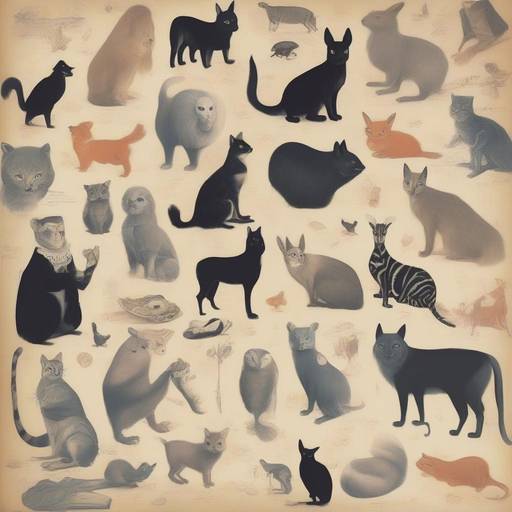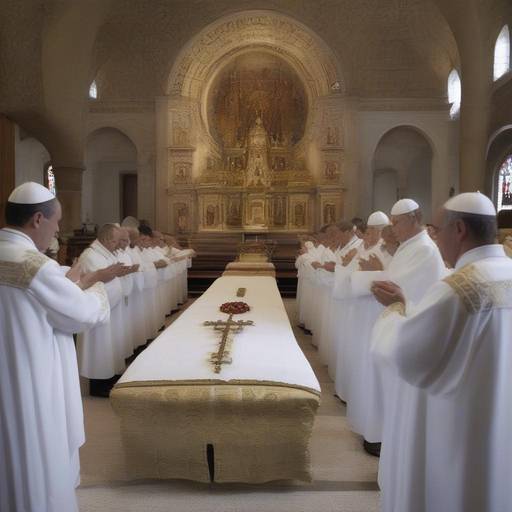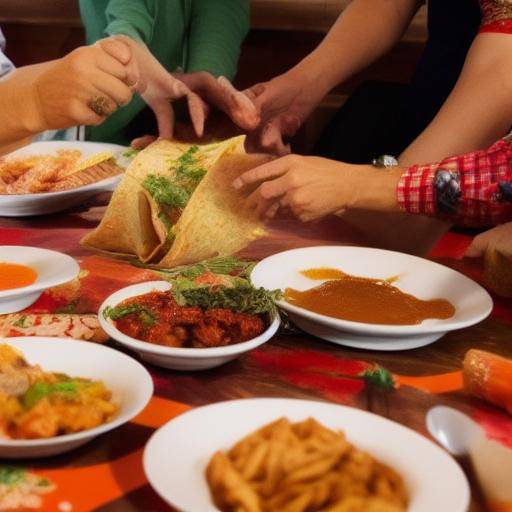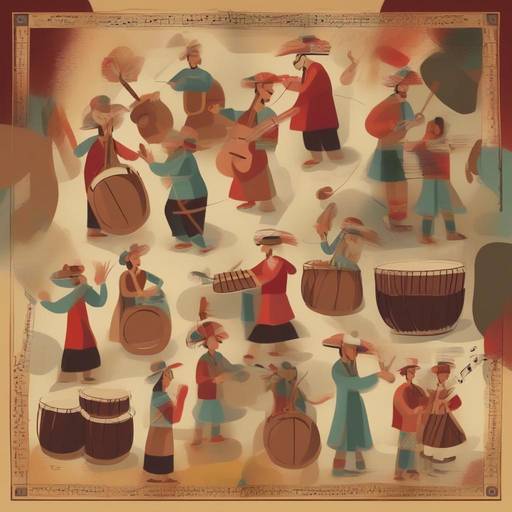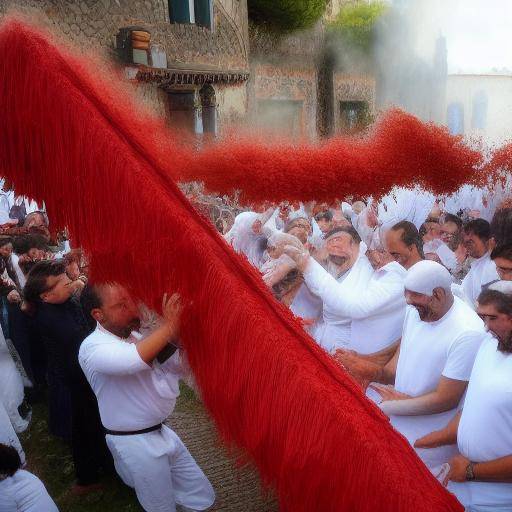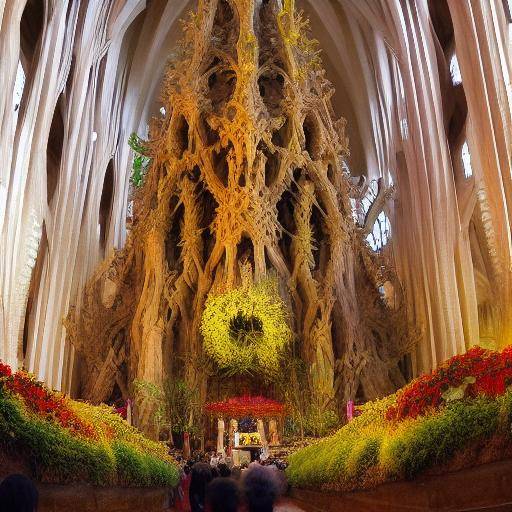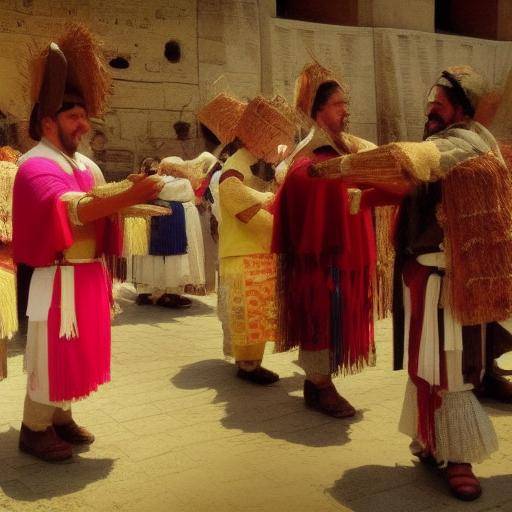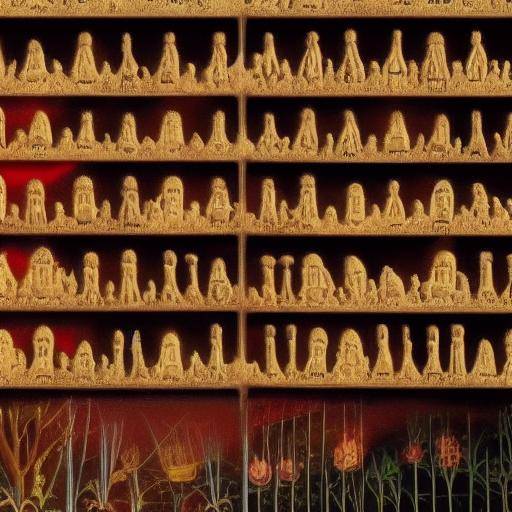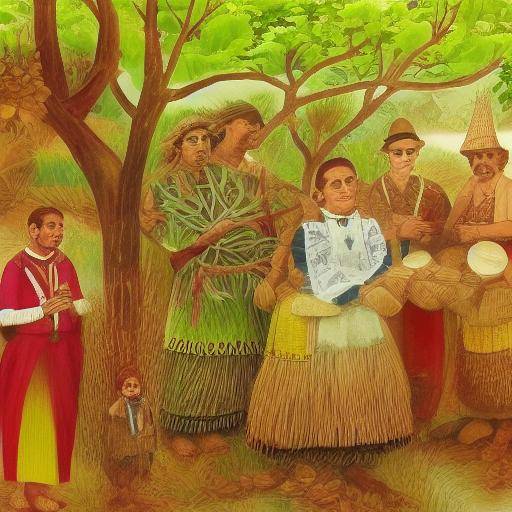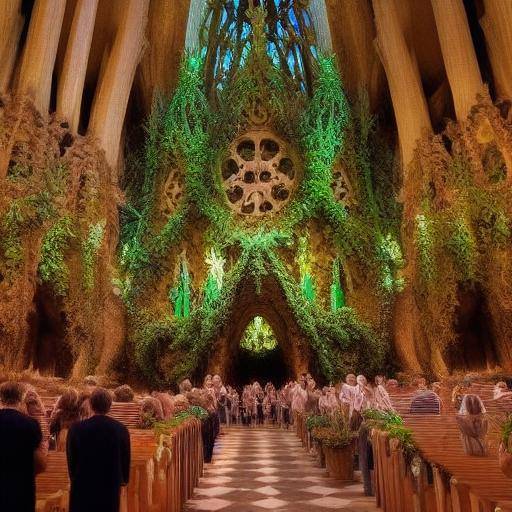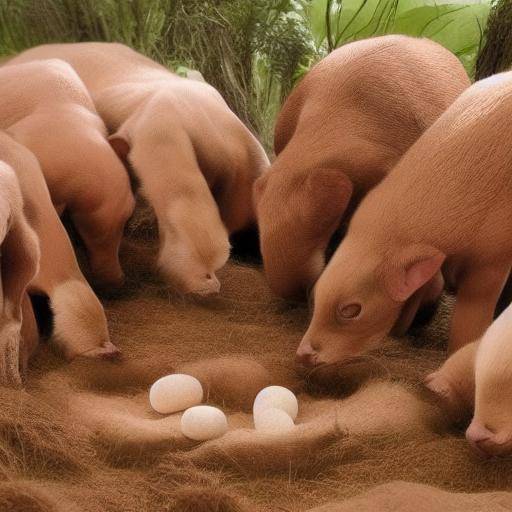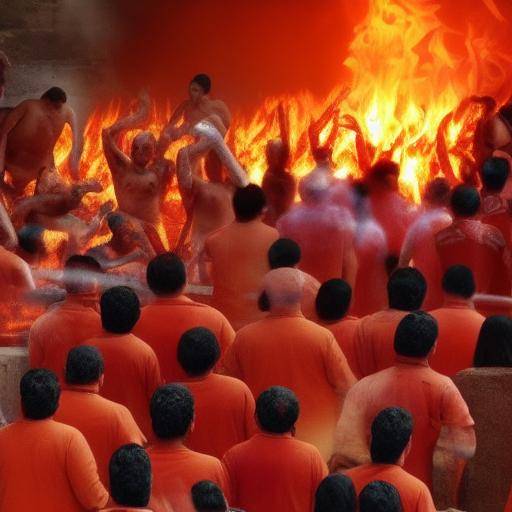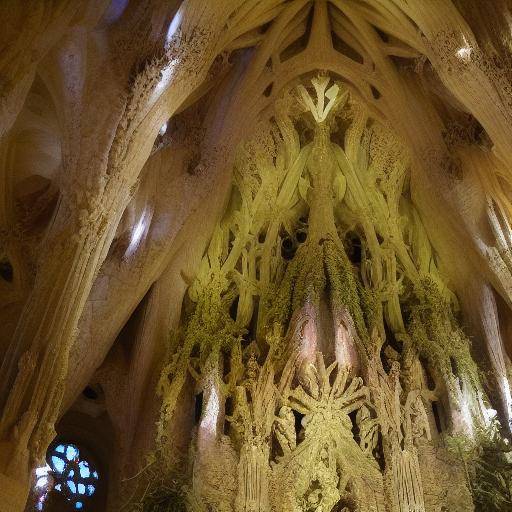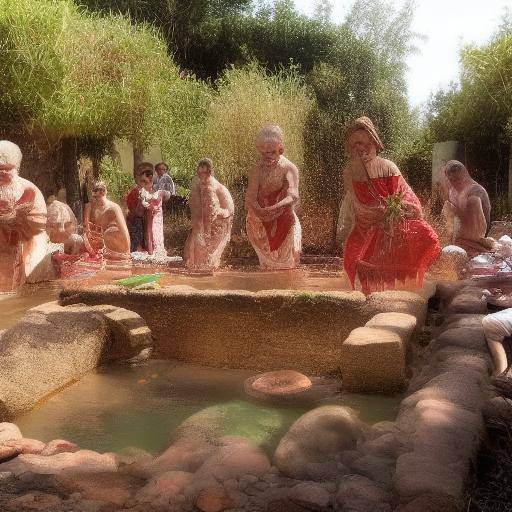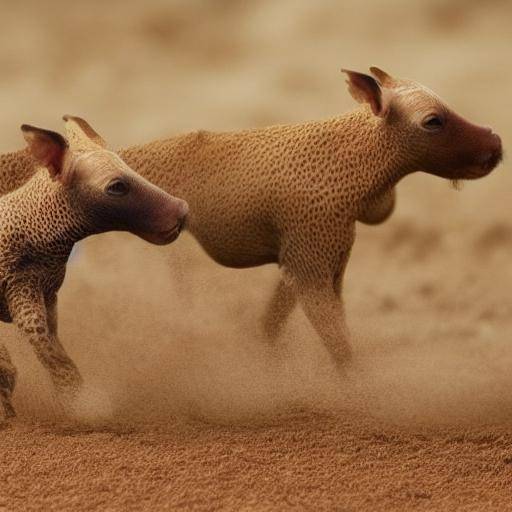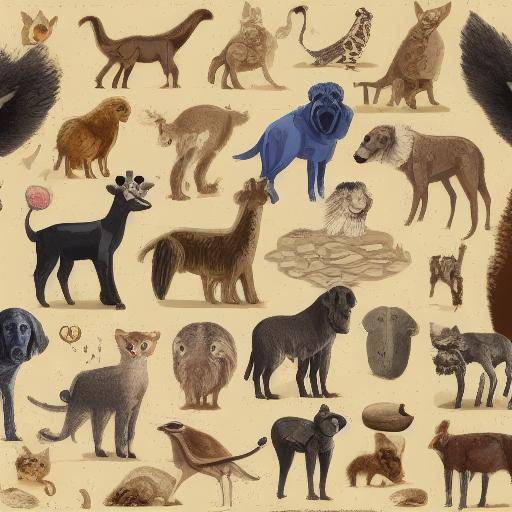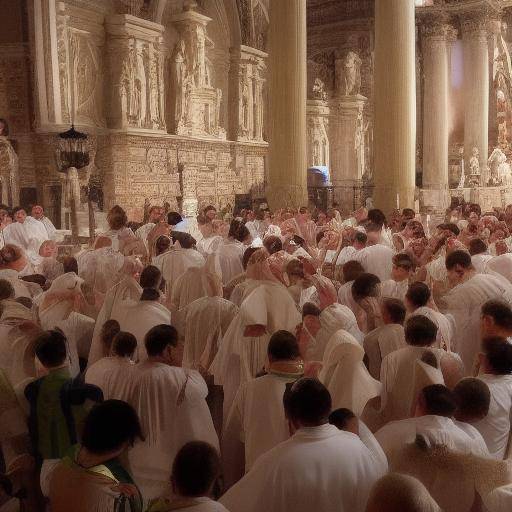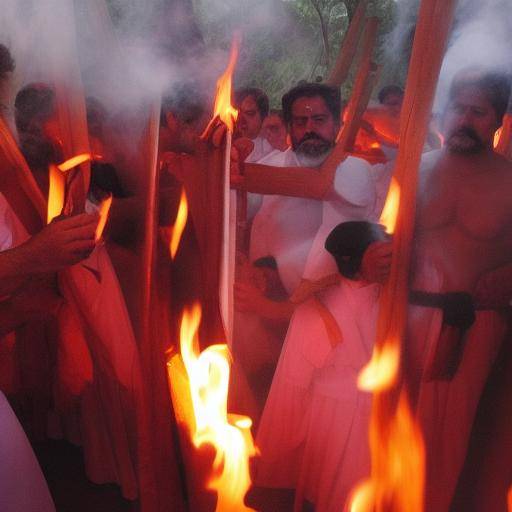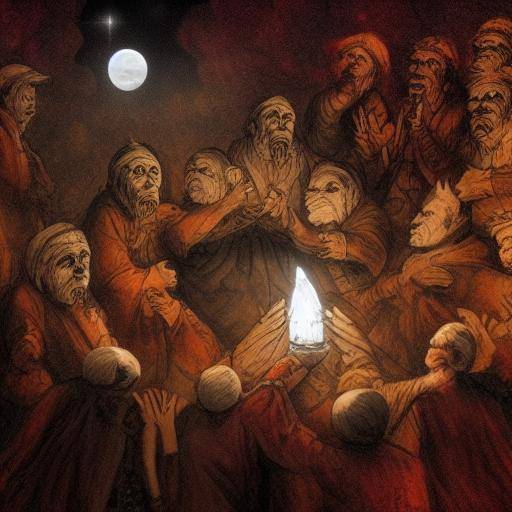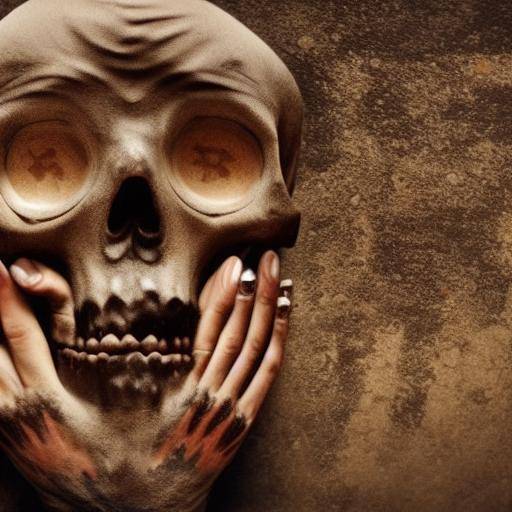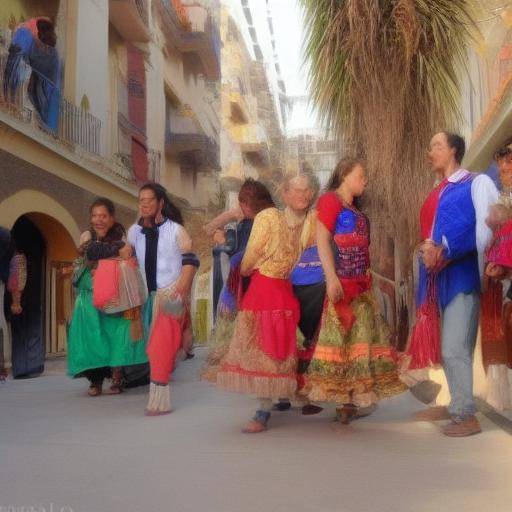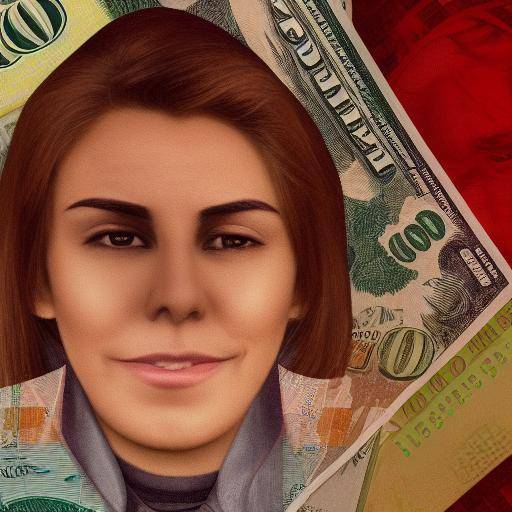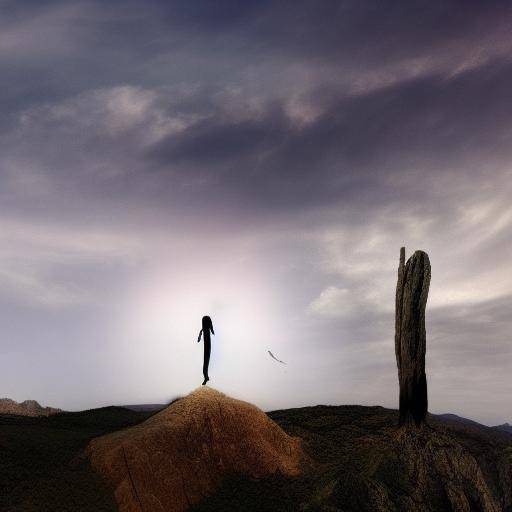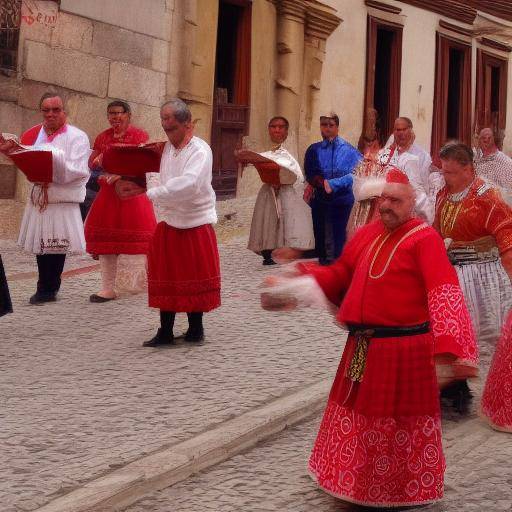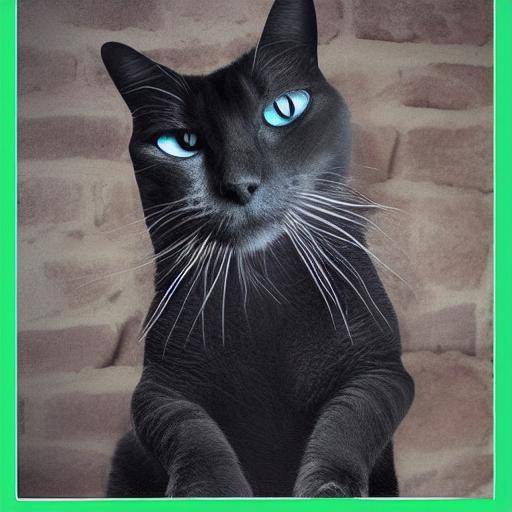
Introduction
Black cats have been the subject of fascination and superstition throughout history. The relationship between these enigmatic felines, superstitions and their role in different cultures is a topic that arouses the curiosity of many people. In this article, we will explore in depth the role of black cats in superstitions, their origin, evolution and their significance today. We will also discuss the impact of these beliefs on society and provide valuable information on this intriguing issue.
History and Background
Black cats have been the subject of traditions and myths since ancient times. In ancient times, it was believed that these cats were linked to magic and witchcraft, associating them with bad luck. However, these superstitions did not come from nothing. During the Middle Ages, they were related to the figure of the witches and considered their companions, which contributed to the negative association. Even so, in other cultures such as the Egyptian, cats, including blacks, were seen as sacred beings and were worshipped.
The relationship between black cats and superstitions has evolved over time, influenced by various popular beliefs, representations in popular culture and even literature. Over the centuries, these narratives have left a mark on the collective perception of these animals, generating a variety of myths and taboos around the world.
Analysis in Deep
The superstitions surrounding black cats have created a series of challenges for their well-being and adoption. Despite efforts to break down these myths, the persistence of these beliefs has led to unjustified discrimination against these animals, leading to difficulties in their adoption in shelters and unequal treatment compared to other cats.
On the other hand, a resurgence has been observed in the positive perception of black cats in contemporary culture, with movements seeking to challenge superstitions and promote their adoption. Today, many animal advocates and cat lovers are working to demystify the bad reputation of these felines, promoting their adoption and raising awareness of the injustices they face.
Comprehensive review
In popular medicine, black cats have also been subjected to superstitions and beliefs in different cultures, where they have been attributed both protective and ominous value. These perceptions vary widely, from good luck charms to being seen as misfortune transmitters. Cultural diversity has shaped these perspectives, generating a rich range of meanings for these enigmatic animals.
Comparative analysis
In contemporary society, superstitions related to black cats remain the subject of interest and debate. Contrary to what one might think, these superstitions persist in numerous communities, influencing attitudes towards black cats and generating debates on the veracity of these beliefs. Despite progress in awareness-raising and change of perception, these superstitions continue to influence how many perceive these felines.
Practical Tips and Accessible Tips
If you encounter superstitions related to black cats, it is important to advocate education and awareness. Sharing accurate information about the role of black cats in different cultures and their contribution to society can help dispel myths and prejudices. In addition, supporting shelters and organizations that promote the adoption of black cats can make the difference in the lives of these animals.
Perceptions of Industry and Expert Reviews
The opinion of experts in the field of zoopsychology and anthropology is crucial to understanding the impact of superstitions on the relationship between humans and black cats. Experts advocate greater awareness of the origin of these superstitions, as well as the promotion of respect and understanding towards these animals, regardless of their colour or race.
Case Studies and Real Life Applications
Many cases of black cats have been documented that have been rescued, adopted and loved by families around the world, thus challenging superstitions and enriching the lives of those who welcome them. These testimonies serve as tangible examples of how wrong beliefs can be overcome through education and direct experience. In addition, the presence of black cats in popular culture, from books to movies, has helped to change public perception about these animals.
Future Trends and Predictions
As society continues to evolve and question rooted traditions, the perception of black cats is expected to undergo positive change. With the momentum of awareness-raising movements and the promotion of responsible adoption, superstitions around these felines are likely to decline over time. Strengthening the community of cat lovers will also play a key role in creating a more inclusive and favorable environment for black cats.
Conclusion
The role of black cats in superstitions is a complex theme that has shaped the relationship between humans and these enigmatic animals throughout history. Despite the entrenched superstitions, a growing movement has emerged that seeks to challenge these beliefs and promote respect for black cats. By understanding history, impact and future prospects, we can work towards a positive change in the perception of these majestic felines.
Frequently asked questions
Why are black cats associated with bad luck?
The association of black cats with bad luck has its roots in antiquity and has been perpetuated throughout the centuries due to various popular beliefs and superstitions. However, this association has no scientific basis and is based on myths and traditions rooted in culture.
What does black cats mean in different cultures?
The meaning of black cats varies in different cultures. For example, in ancient Egyptian culture, cats, including blacks, were seen as sacred beings, while in Western culture they have been associated with witchcraft and bad luck.
How can superstitions be challenged on black cats?
Defying superstitions about black cats means educating people about the history and real meaning of these felines in different cultures. Promoting adoption and awareness of discrimination against black cats also helps to challenge these unfounded beliefs.
Is it true that in some cultures black cats are considered good luck heralds?
Yes, in some cultures black cats are considered symbols of good luck. This demonstrates the diversity of meanings and beliefs associated with these animals in different parts of the world.
What impact do superstitions have on the lives of black cats today?
Superstitions have a significant impact on the lives of black cats, as they can influence the way they are perceived and treated by people. These unfounded beliefs may hinder adoption and generate discrimination against these animals.
How can you change the perception of black cats in society?
Changing the perception of black cats in society requires education, awareness and promotion of responsible adoption. Overcoming stigmas and challenging superstitions are key steps to create a more inclusive and positive environment for all cats, regardless of their color.
In short, the role of black cats in superstitions is a fascinating theme that encompasses the history, culture and interaction between popular beliefs and the real life of these magnificent animals. By understanding the complexity of this issue and challenging the entrenched superstitions, we can work towards a future in which black cats are appreciated and loved by their true essence, beyond superstitions.
With this comprehensive analysis, we hope to have shed light on the role of black cats in superstitions, their impact on society and future prospects around this fascinating issue. By promoting understanding and respect for these animals, we can contribute to a positive change in the perception of black cats around the world.
Remember, black cats are beautiful and special beings that deserve to be treated with love and respect, regardless of the superstitions that may surround them.
This concludes our dive in the world of black cats and superstitions. If you have more questions or want to explore this fascinating theme even more, we encourage you to continue researching and sharing this understanding with other feline lovers.

